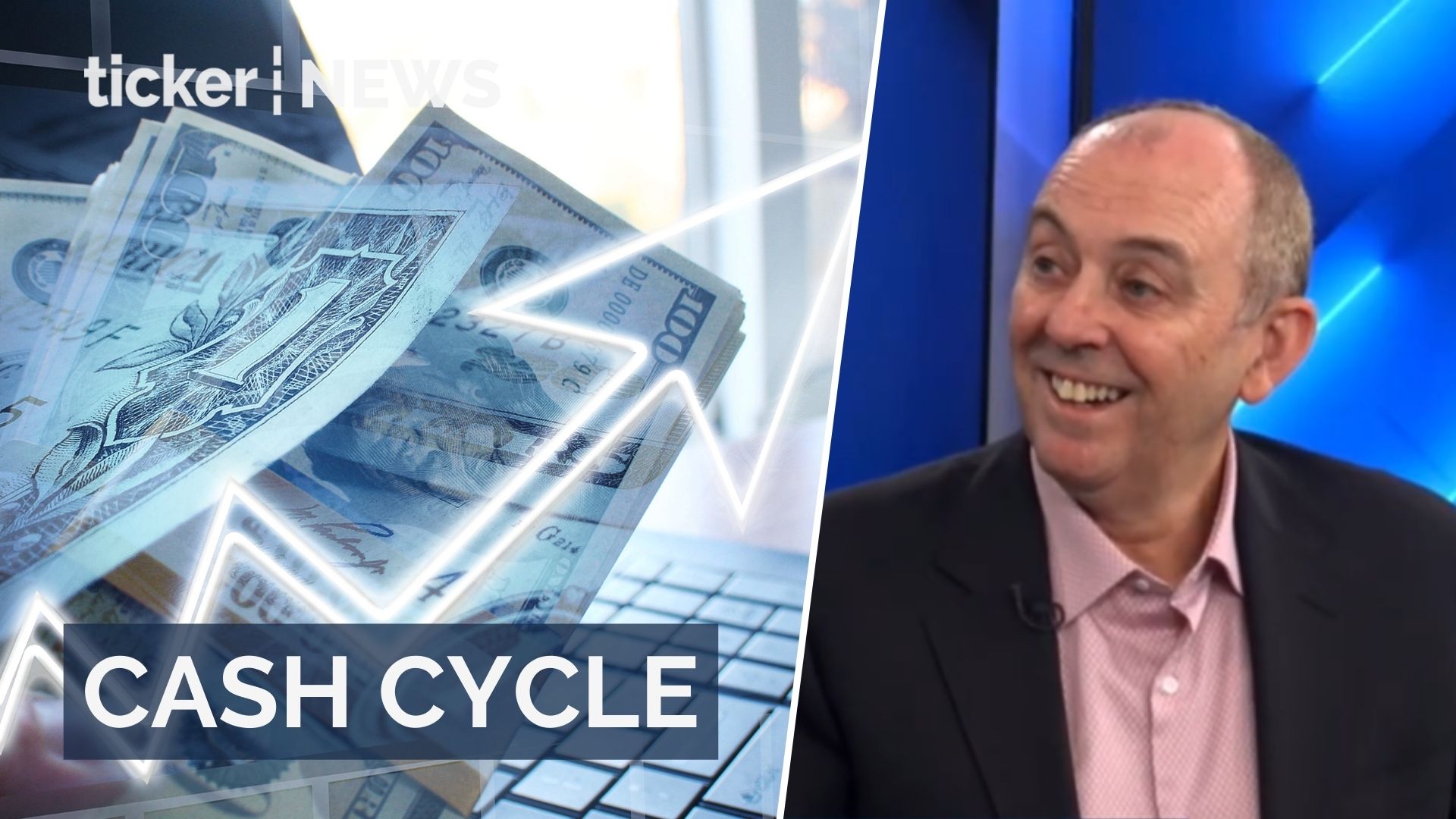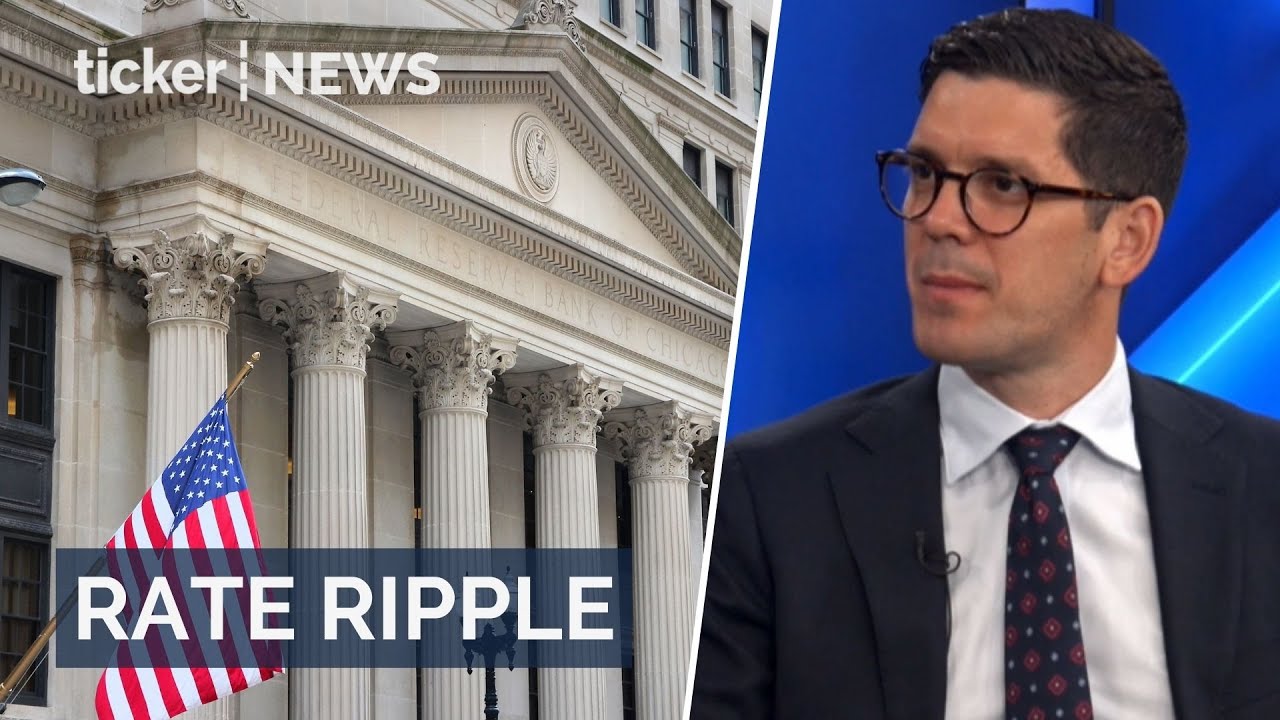Michael Jordan, widely regarded as the greatest basketball player of all time, has officially become the wealthiest NBA star in history.
The Chicago Bulls legend, who secured six NBA championships during his illustrious 15-year career and later acquired the Charlotte franchise upon his retirement, boasts an astonishing net worth of $3.5 billion, according to a recent assessment by Bloomberg.
Jordan’s financial empire received a significant boost this month when he sold the majority stake in the Charlotte Hornets for a staggering $3 billion. The buyers were none other than hedge fund tycoon Gabriel Plotkin and private equity mogul Rick Schnall, as reported by ESPN.
First black owner
In 2010, Jordan made history by becoming the NBA’s first black owner when he purchased the Charlotte franchise for $275 million, known then as the Bobcats. Bloomberg estimates that, with the recent sale, the 60-year-old basketball icon-turned-businessman retained less than a 5% interest in the team, ceding a 65% stake.
Apart from the Hornets sale, Jordan’s fortune is substantially bolstered by his long-standing partnership with Nike through the iconic Jordan Brand. This partnership, which originated in his rookie year in 1984, generated a remarkable $5.1 billion in revenue for Nike last year, constituting a remarkable 11% of the company’s total sales. Under the Jordan Brand deal, Jordan earns an annual income of $500,000 in addition to a 5% royalty on the brand’s earnings.
Nike contract
The intricacies of Jordan’s contract with Nike have remained confidential since its inception nearly four decades ago. However, public information indicates that Jordan received a staggering $255.5 million from Nike in 2022 alone.
In addition to Nike, Jordan has enjoyed endorsement deals with several other major brands, including Hanes, Gatorade, Chevrolet, McDonald’s, Ball Park Franks, Wheaties, Rayovac, and Upper Deck. His endorsement deal with Gatorade in 1991, in particular, resulted in the memorable “Be Like Mike” TV commercial and an estimated annual income of $1.4 million.
Notably, Jordan graced the cover of Wheaties a record-breaking 19 times, a feat unsurpassed by any other athlete. Some of these endorsement deals have spanned over three decades, constituting some of the longest-running brand-athlete partnerships in history.
Collectively, these deals propelled Jordan into the billionaire club in 2014 when he was 51 years old, marking a historic moment as the first NBA player to reach this financial milestone.
Lavish lifestyle
Outside of his business ventures, Jordan maintains a lavish lifestyle, residing in a sprawling multimillion-dollar mansion in Jupiter, Florida. The property features his iconic No. 23 on the front gate and boasts a regulation-size basketball court emblazoned with his “Jumpman” Nike logo.
Jordan’s influence extends to the world of motorsports, as he owns and operates Nascar’s 23XI Racing, established in 2020 and featuring star driver Bubba Wallace, the sport’s sole black driver. Additionally, he holds an undisclosed equity stake in DraftKings, exchanged for providing strategic guidance, as announced by the sports betting company in September of the same year.
During his illustrious 15-season NBA career, Jordan secured six NBA championships, five MVP awards, and an impressive ten NBA scoring titles, largely with the Chicago Bulls.




 News2 days ago
News2 days ago


 Ticker Views5 days ago
Ticker Views5 days ago


 Crypto2 days ago
Crypto2 days ago


 Ticker Views1 day ago
Ticker Views1 day ago


 Money3 days ago
Money3 days ago


 News3 days ago
News3 days ago


 News4 days ago
News4 days ago


 Docos2 days ago
Docos2 days ago





